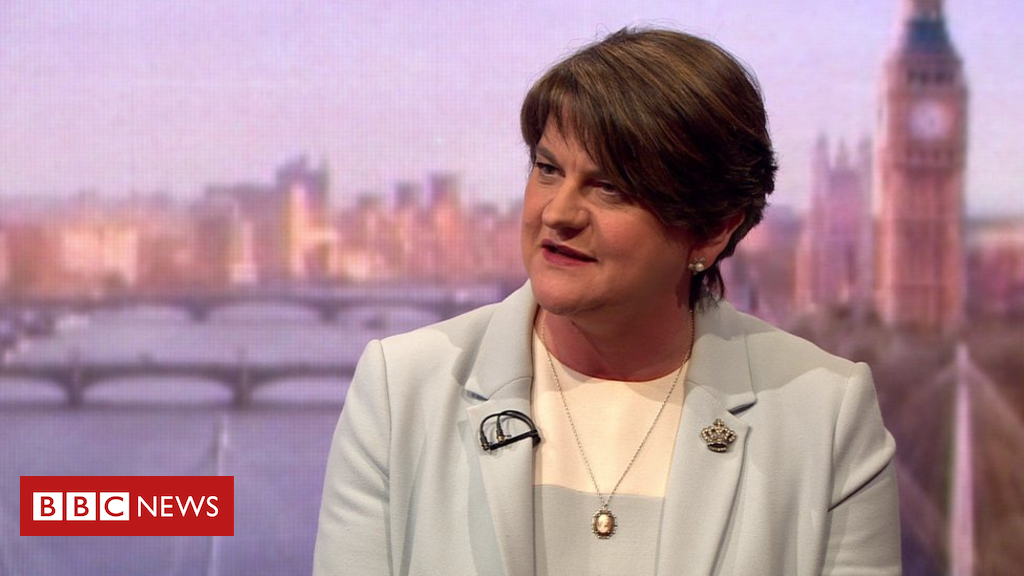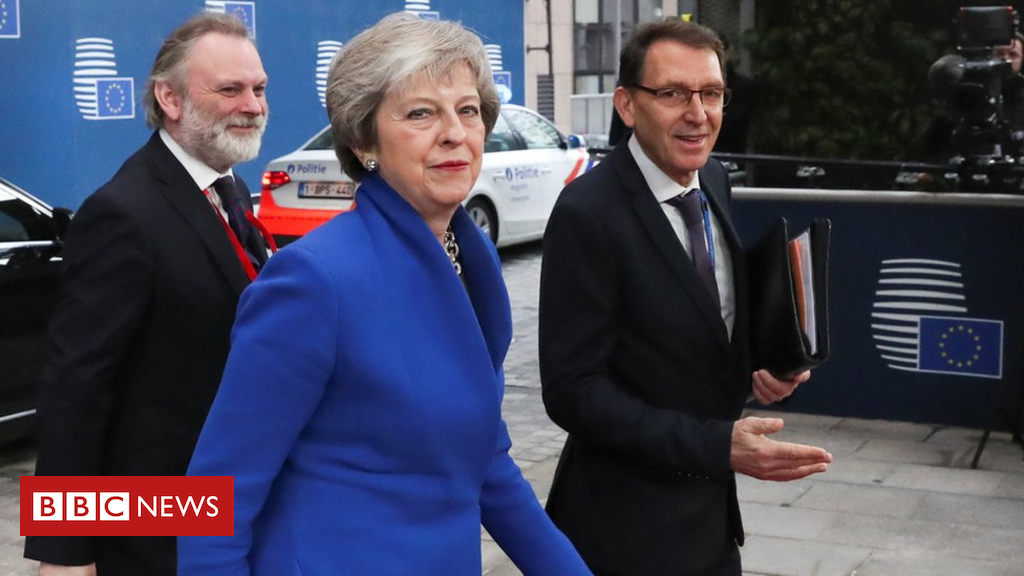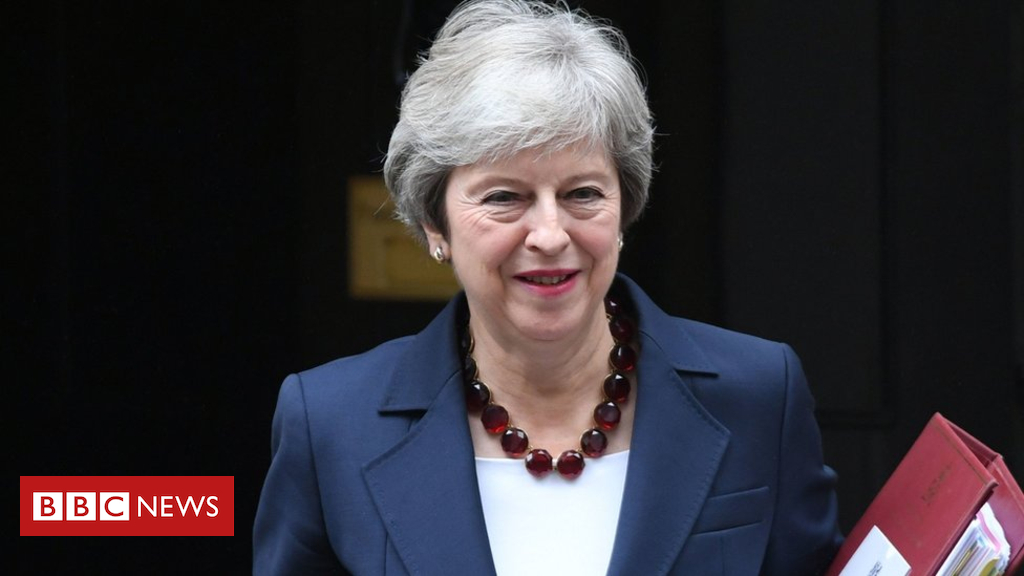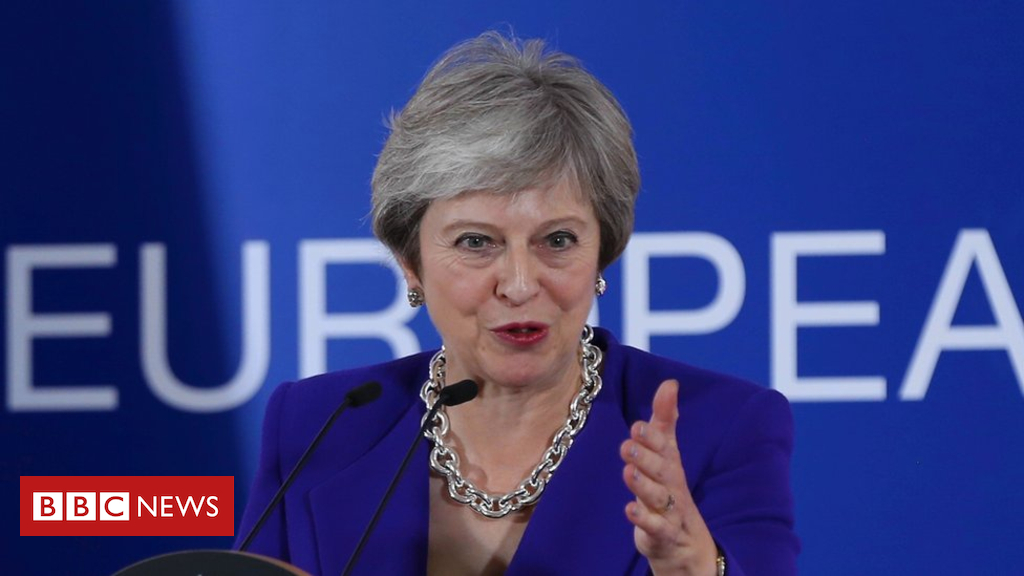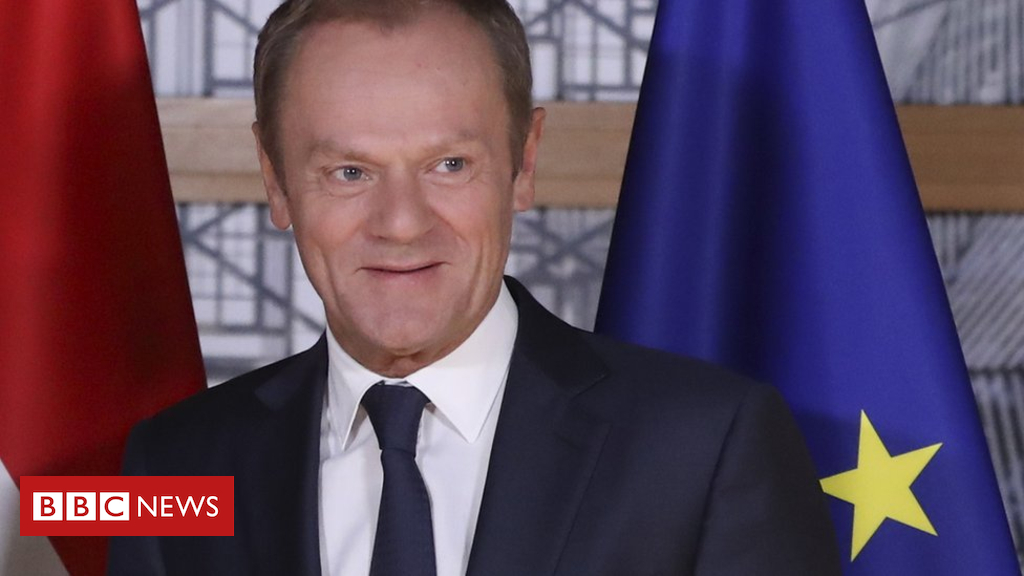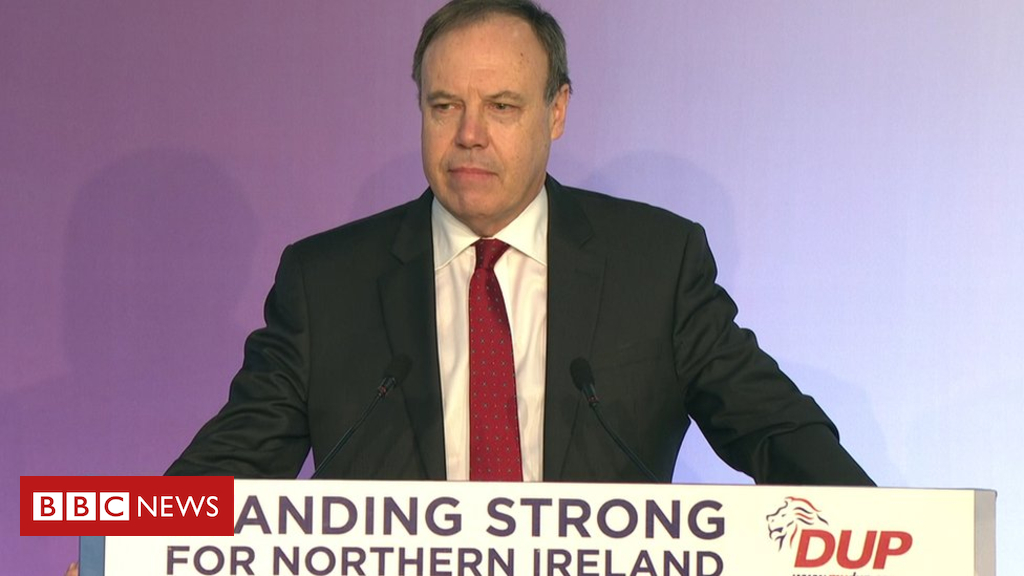 Image copyright Getty Images
Image copyright Getty Images
In June 2017 the European Union scrapped additional charges for roaming on smartphones when you travel to another EU country.
Roaming is when you use your mobile phone abroad. Since last year, UK consumers have, within reason, been able to use the minutes, texts and data included on their mobile phone tariffs when travelling in the EU.
There are fair use limits, which mean you can use your mobile phone while travelling in another EU country, but you couldn’t get a mobile phone contract from Greece and then use it all year round in the UK.
Before the rules changed, using a mobile phone in Europe was expensive, with stories of people returning from trips to find bills for hundreds or even thousands of pounds waiting for them.
Will these charges return after Brexit?
 Image copyright Getty Images
Image copyright Getty Images
In March 2018, Prime Minister Theresa May announced: “The UK will not be part of the EU’s Digital Single Market, which will continue to develop after our withdrawal from the EU.”
That means that the European regulation that prohibits roaming charges will not automatically be part of UK law, so UK mobile network operators, if they want to, might be able to reintroduce the charges.
EU mobile phone roaming cost-cuts ‘a step closer’ Mobile phone roaming charge abolition plan rewritten Mobile phone roaming charges cut within EU
A spokesperson for the Department for Digital, Culture, Media and Sport, which is responsible for this area, told Reality Check that the White Paper on leaving the EU had proposed “new arrangements for services and digital sectors, recognising that the UK and the EU will not have current levels of access to each other’s markets”.
They continued: “That approach would not preclude discussions with the EU on arrangements for consumers, for example in the area of mobile roaming, if that would be in the mutual interests of both sides.”
In other words, it would depend on a future UK-EU deal, which is yet to be negotiated.
It is also possible that the UK government could create its own laws regulating roaming fees after Brexit, but it would be hard to impose that on UK network operators without a reciprocal agreement with their counterparts in the EU.
Operators’ plans
Of course, just because the operators might be allowed to reintroduce roaming charges, it does not necessarily mean that they will do so.
Three has “committed to maintain the availability of roaming in the EU at no additional cost following Brexit”.
Vodafone said it was too soon to assess the implications of Brexit on roaming regulation, but added it expected competition to continue to drive good value for customers and that it currently had no plans to change its roaming charges.
EE also said it had no plans to introduce charging and called on the government “to put consumers at the top of their agenda in the Brexit negotiations to help ensure that UK operators can continue to offer low prices to our customers”.
And O2 said: “We currently have no plans to change our roaming services across Europe. We’re engaged with the government with regards to what may happen once the UK officially leaves the EU.”


What do you want BBC Reality Check to investigate? Get in touch
Read more from Reality Check
Follow us on Twitter


